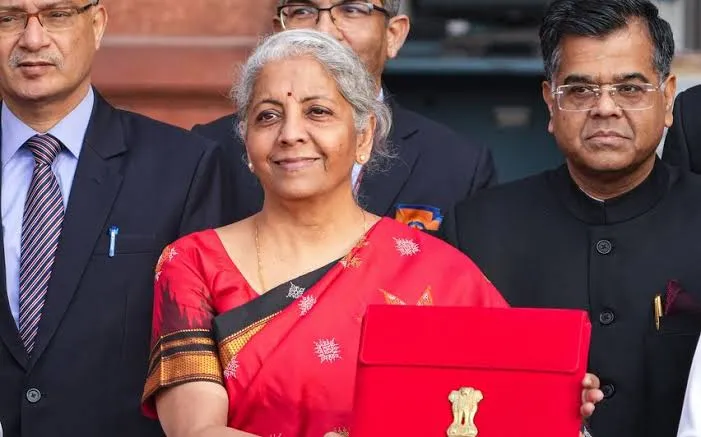The Budget session of the Indian Parliament for 2025 began today with President Droupadi Murmu’s address to both Houses of Parliament. Delivered at 11 am, the President’s speech marked the start of the session, which is expected to focus on the country’s economic challenges and upcoming fiscal policy.
Following the address, Union Finance Minister Nirmala Sitharaman is set to present the Economic Survey 2024-25 in the Lok Sabha at 12 pm and in the Rajya Sabha at 2 pm.
The Economic Survey serves as a key pre-budget document, providing an overview of India’s economic performance over the current financial year and offering projections for the 2025-26 fiscal year.
The Survey is expected to highlight significant concerns such as a projected slowdown in economic growth to 6.4% for FY25, a weakened rupee against the US dollar, and continued subdued demand in domestic consumption.
Finance Minister Sitharaman will follow up with the presentation of the Union Budget on Saturday, which is expected to address several economic issues. These include potential changes to income tax slabs, increased funding for infrastructure projects, and enhanced allocations for rural development and education.
The Budget session is anticipated to be contentious, with opposition parties planning to raise issues such as the tragic stampede during the Maha Kumbh festival in Prayagraj and the controversial Waqf (Amendment) Bill.
The government is set to introduce 16 bills in the first half of the session, which will conclude on February 13, with the second part scheduled to begin on March 10 and conclude on April 4.
In the lead-up to the Union Budget, the Congress party released a report criticizing the government’s economic policies, warning that India could be heading toward a middle-income trap that threatens future competitiveness and growth.
The Economic Survey and the Union Budget will be key documents shaping India’s fiscal and economic trajectory for the coming year, amid ongoing political debates and challenges in the global and domestic economy.
Also Read: 8th Pay Commission Salary Hike: What Government Employees Can Expect


